Sudan: Swiss among mediators calling for continuous flow of aid

The seven parties, including Switzerland, who led ten days of talks on Sudan in the Geneva region, are calling for the new flow of aid to “continue and accelerate”. On Friday they said they had obtained guarantees for a second route from Port Sudan.
+Get the most important news from Switzerland in your inbox
This week more than a dozen lorries were able to cross the Adré crossing from Chad into Darfur, where part of the population is facing famine. “Hundreds are needed,” US envoy Tom Perriello, who chaired the negotiations, told the press on Friday.
The Sudanese army, which was not present in Geneva but could be contacted by telephone by the negotiators, had authorised this opening for three months.
+ Sudan: everything you need to know about the Geneva negotiations
In a joint statement issued on Friday at the end of the talks, the United States, along with Switzerland and Saudi Arabia, which co-organised the discussions, said they had also obtained guarantees for an aid route from Port Sudan. Together with their partners from the United Arab Emirates, Egypt, the African Union (AU) and the UN, they will continue to work towards a third access route.
“It’s a success” but “it’s only the beginning”, Perriello added. The plan is to deliver food, medicines and emergency supplies to around 20 million people.
In all, more than 25 million Sudanese, or half the population, need help in the country. Millions are facing serious food insecurity. Violence over the past 18 months between the army and the paramilitary Rapid Support Forces (RSF) has claimed tens of thousands of lives. More than ten million people have fled within the country or to neighbouring states.
+ Sudan: senior Red Cross official reflects on devastating year-long war
No progress possible on a ceasefire
Another problem is that a second wave of cholera was declared a week ago in Sudan. On Friday in Geneva, the World Health Organization (WHO) announced that a total of more than 450,000 additional doses of vaccine would be delivered.
The seven parties behind the talks also announced that they had proposed an implementation mechanism to settle disputes between the two parties. This mechanism should make it possible to receive complaints and avoid the blocking of commitments made by delegations, such as those in Saudi Arabia last year, which were never honoured.
“It is far from being achieved,” Perriello admitted. The RSF had given guarantees for a code of conduct for international humanitarian law, he added.
Despite the absence of the army, long-distance discussions were held, including with this party “on numerous occasions each day”. Its leader, General Abdel Fattah al-Burhane, also sent a delegation to Egypt this week to meet US Secretary of State Antony Blinken.
But the primary objective, that of a ceasefire, was never really discussed. The army is making any discussions on this issue with General Mohamed Hamdane Daglo’s RSF conditional on an end to the paramilitary siege of El-Fasher in Darfur. It is also contesting the participation of the United Arab Emirates, which is accused of supporting these paramilitaries but which the US considers important.
‘Exceptional support’ from Switzerland
The army will never have formally recognised the process launched in Geneva by Perriello, who praised “Switzerland’s truly exceptional support”. The envoy also insisted that “we must make progress” on a ceasefire, which “is possible” throughout Sudanese territory.
He also promised that the US would continue to defend an arms embargo. According to him, these discussions have put an end to the “paralysis” that has been going on for a year and a half.
The Swiss delegation was led by Sibylle Obrist, Deputy Head of the Peace and Human Rights Division of the foreign ministry. In front of the press, she called on behalf of the seven parties to stop “the suffering of the civilian population”.
The seven parties “are extremely concerned about the devastating consequences” of the conflict, she added. They are ready for further discussions, but according to the American envoy, the process will continue uninterrupted.
Translated from French by DeepL/ts
This news story has been written and carefully fact-checked by an external editorial team. At SWI swissinfo.ch we select the most relevant news for an international audience and use automatic translation tools such as DeepL to translate it into English. Providing you with automatically translated news gives us the time to write more in-depth articles.
If you want to know more about how we work, have a look here, if you want to learn more about how we use technology, click here, and if you have feedback on this news story please write to english@swissinfo.ch.

In compliance with the JTI standards
More: SWI swissinfo.ch certified by the Journalism Trust Initiative










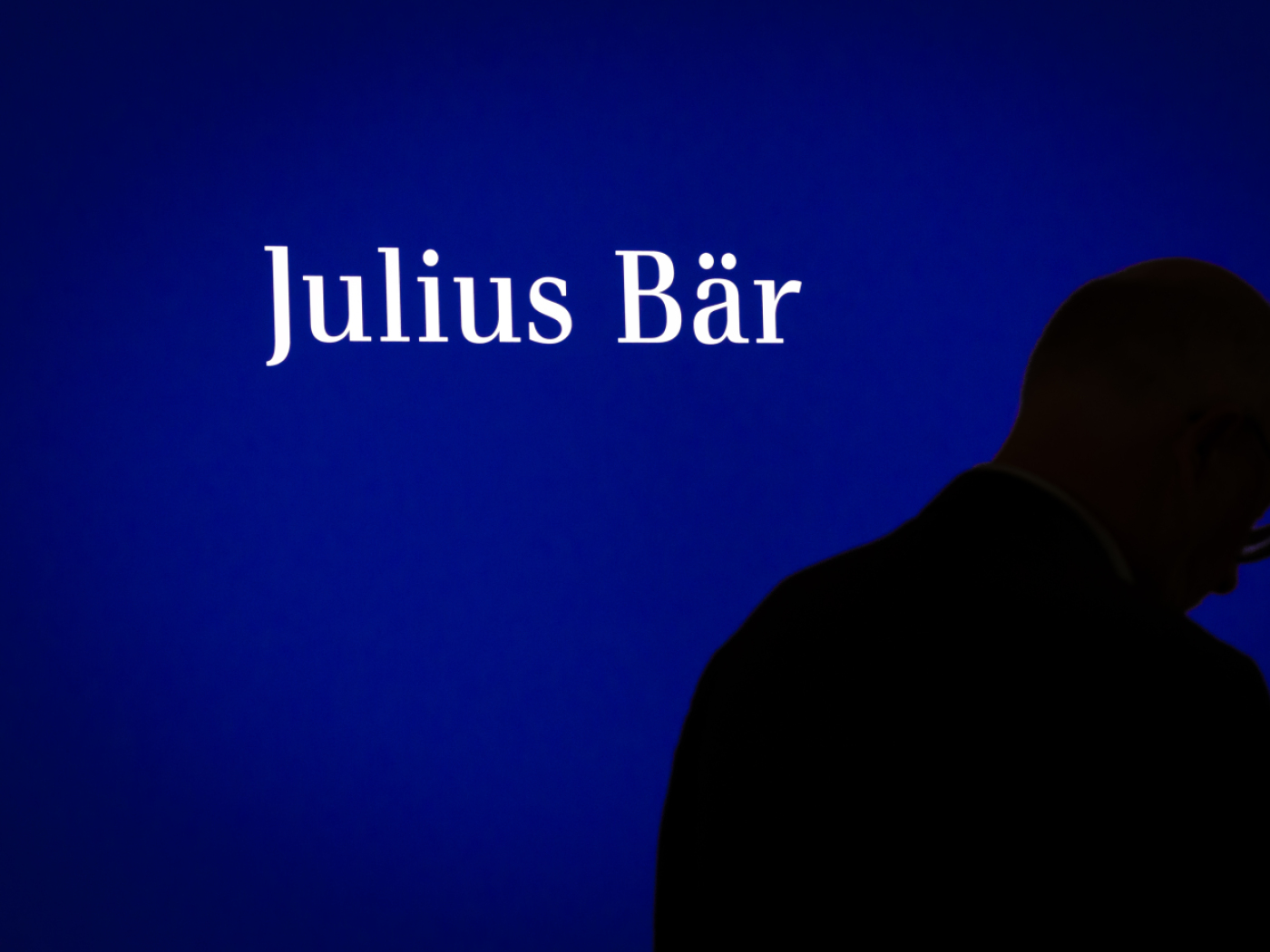

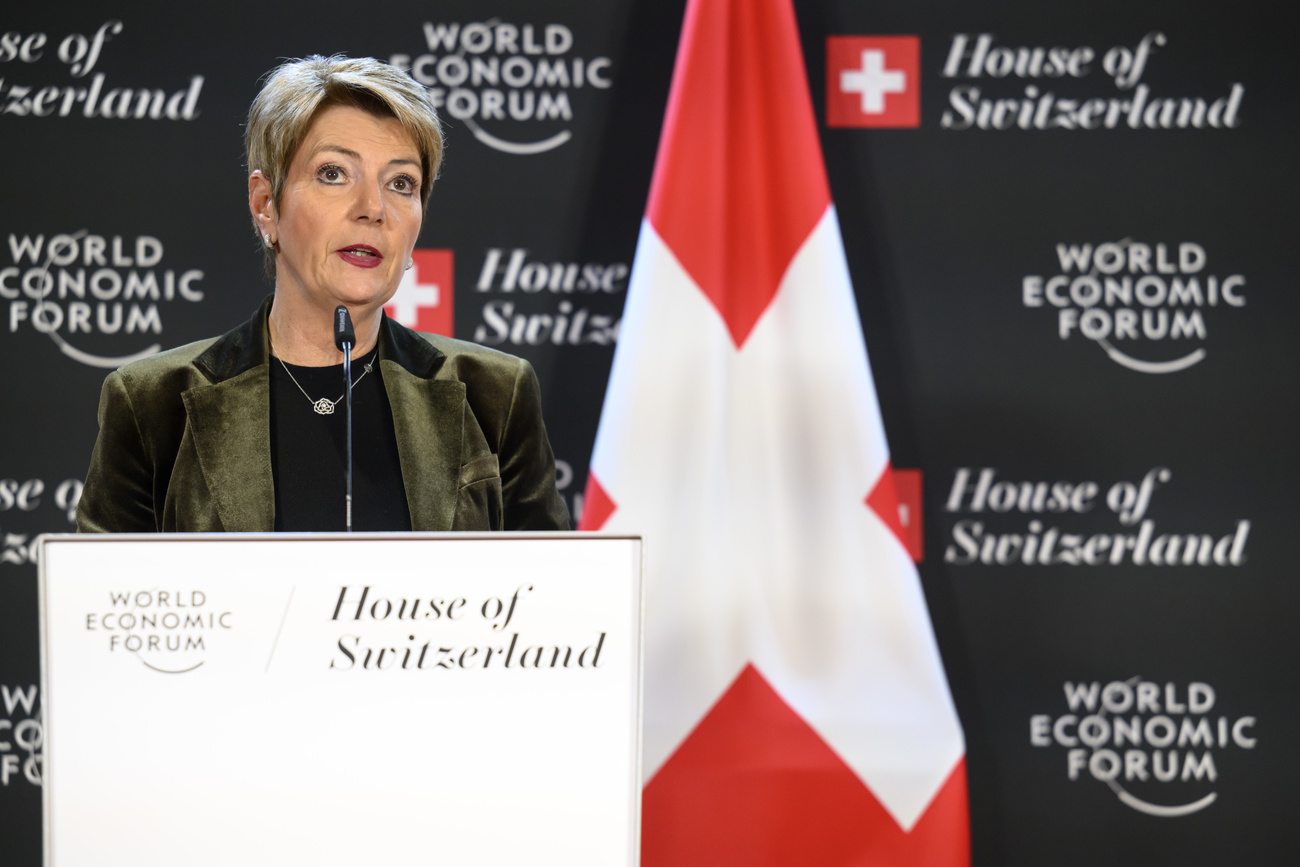
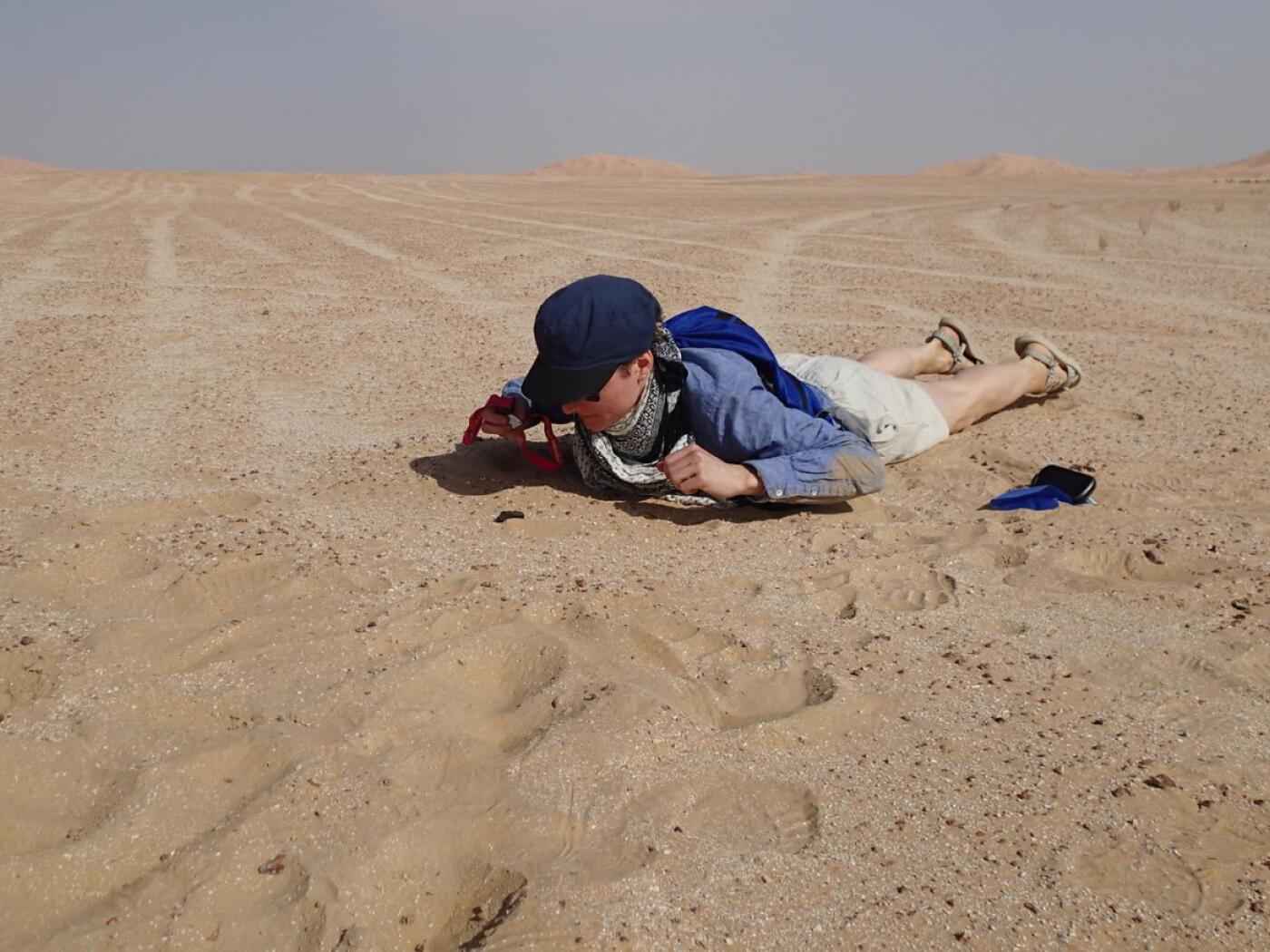
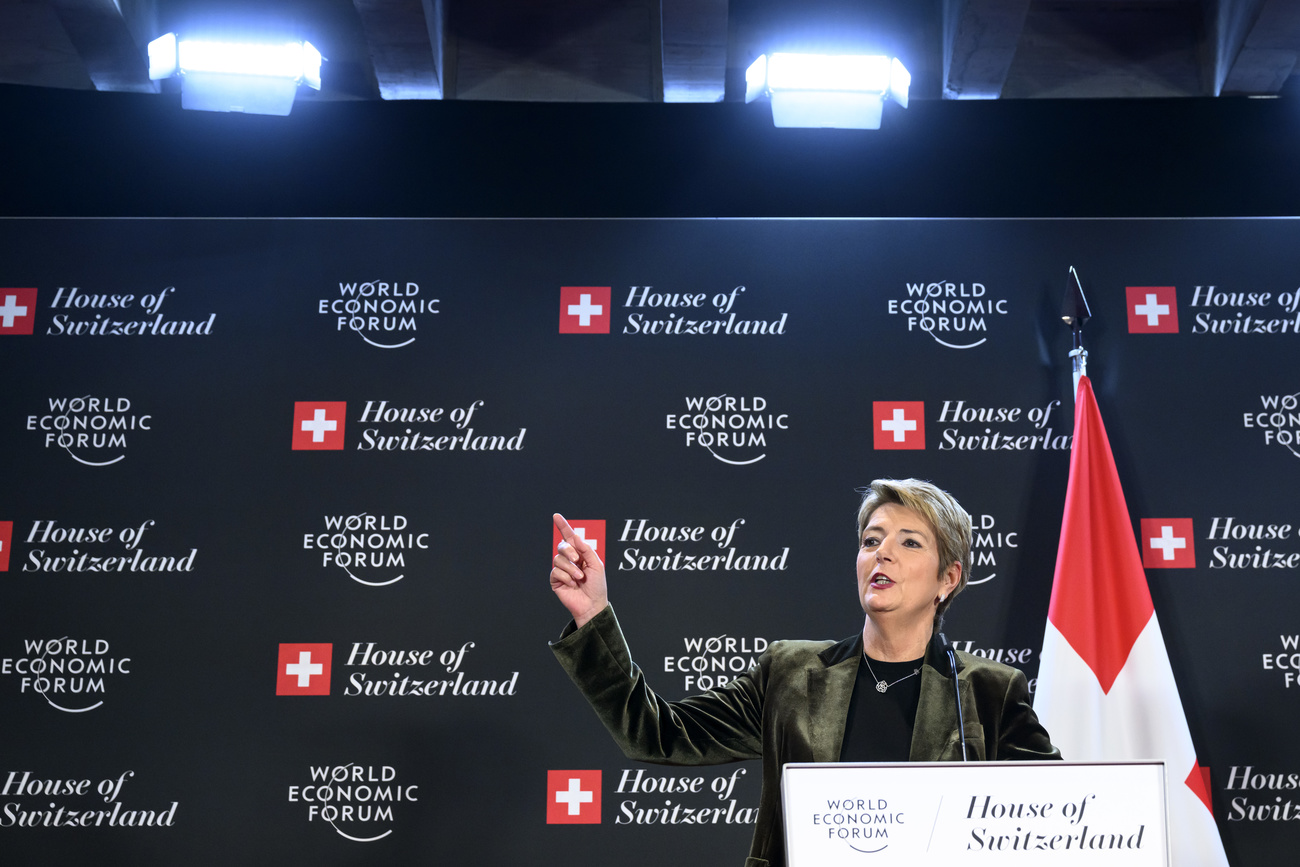
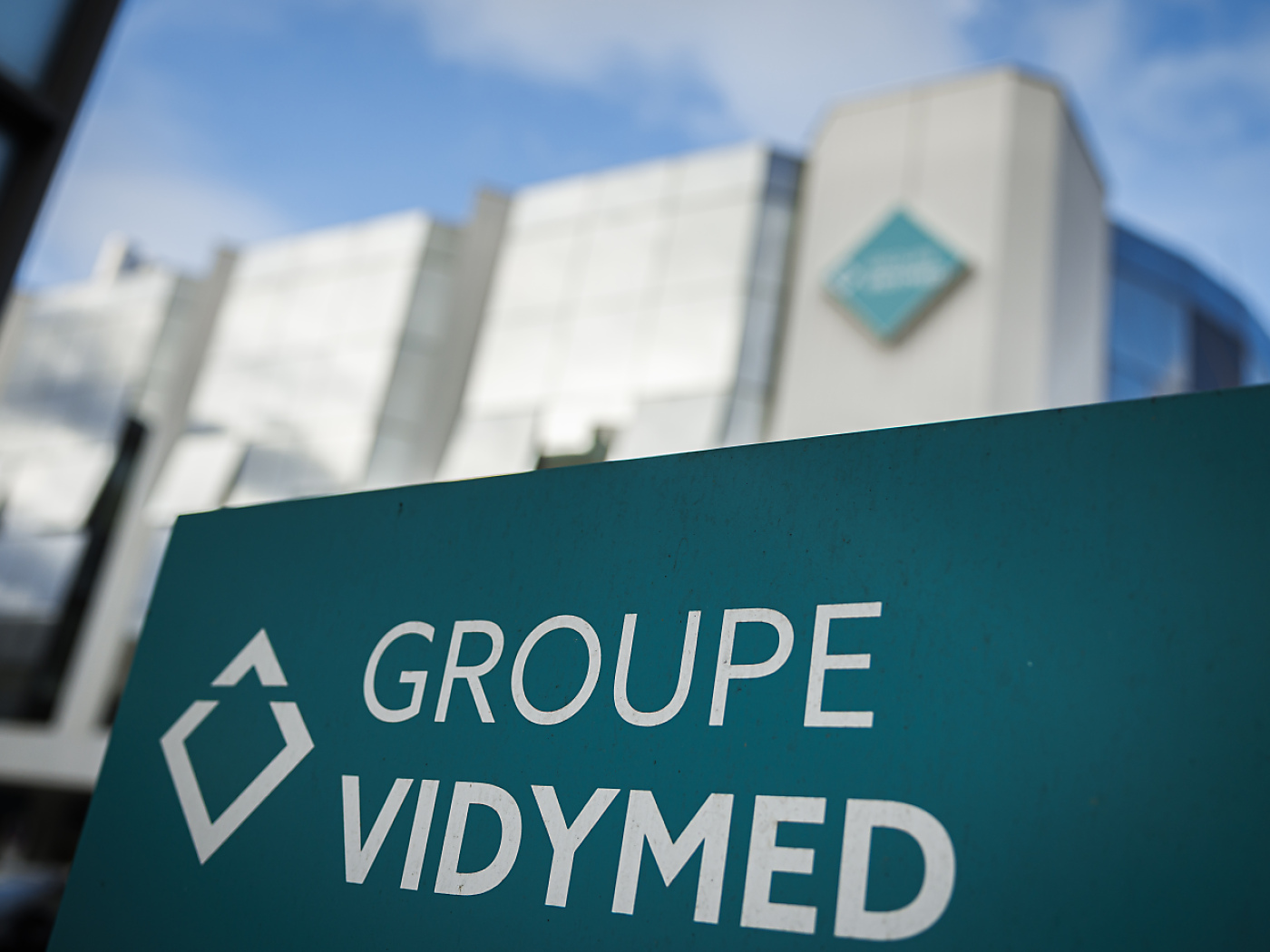


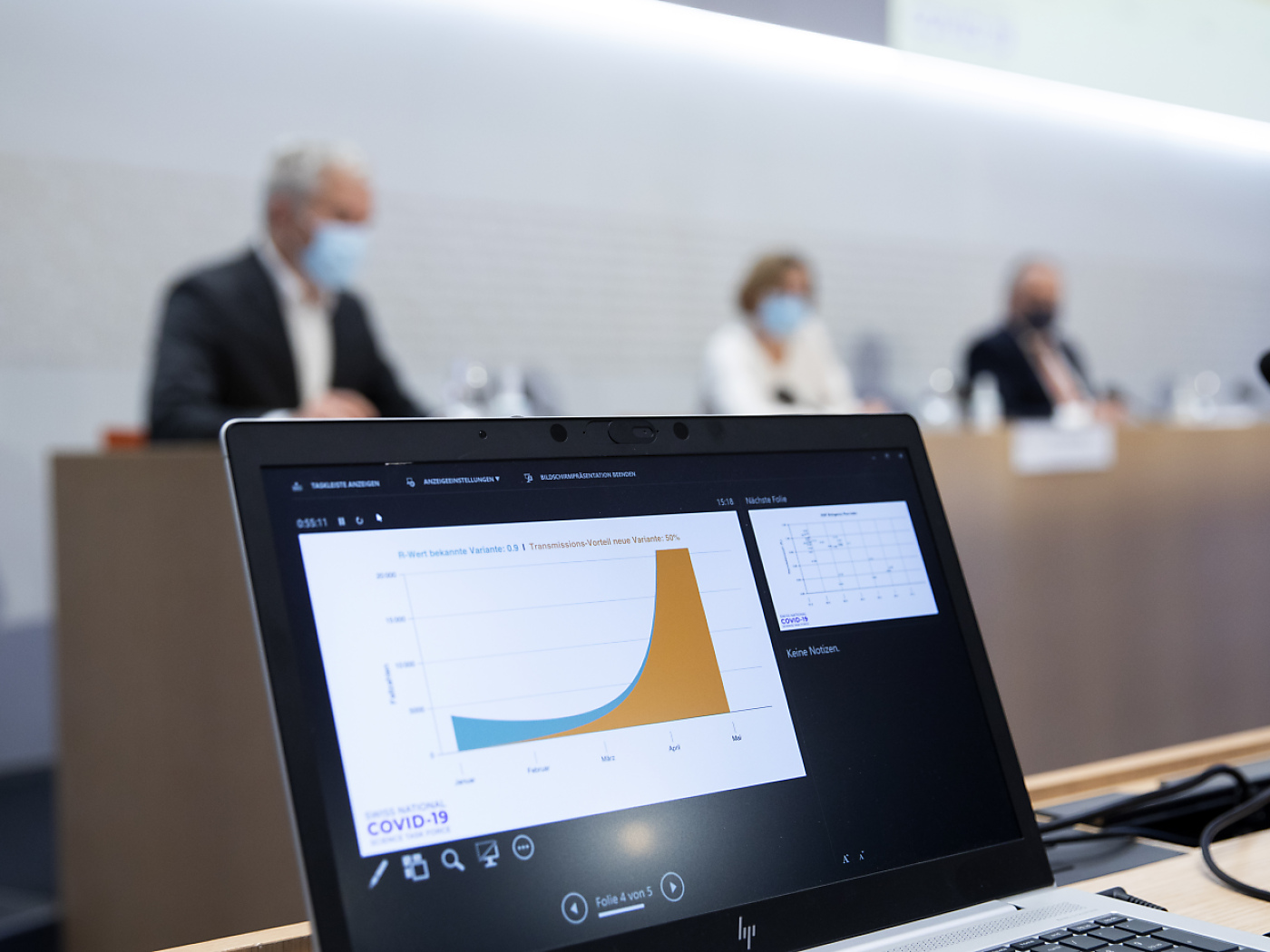
You can find an overview of ongoing debates with our journalists here . Please join us!
If you want to start a conversation about a topic raised in this article or want to report factual errors, email us at english@swissinfo.ch.